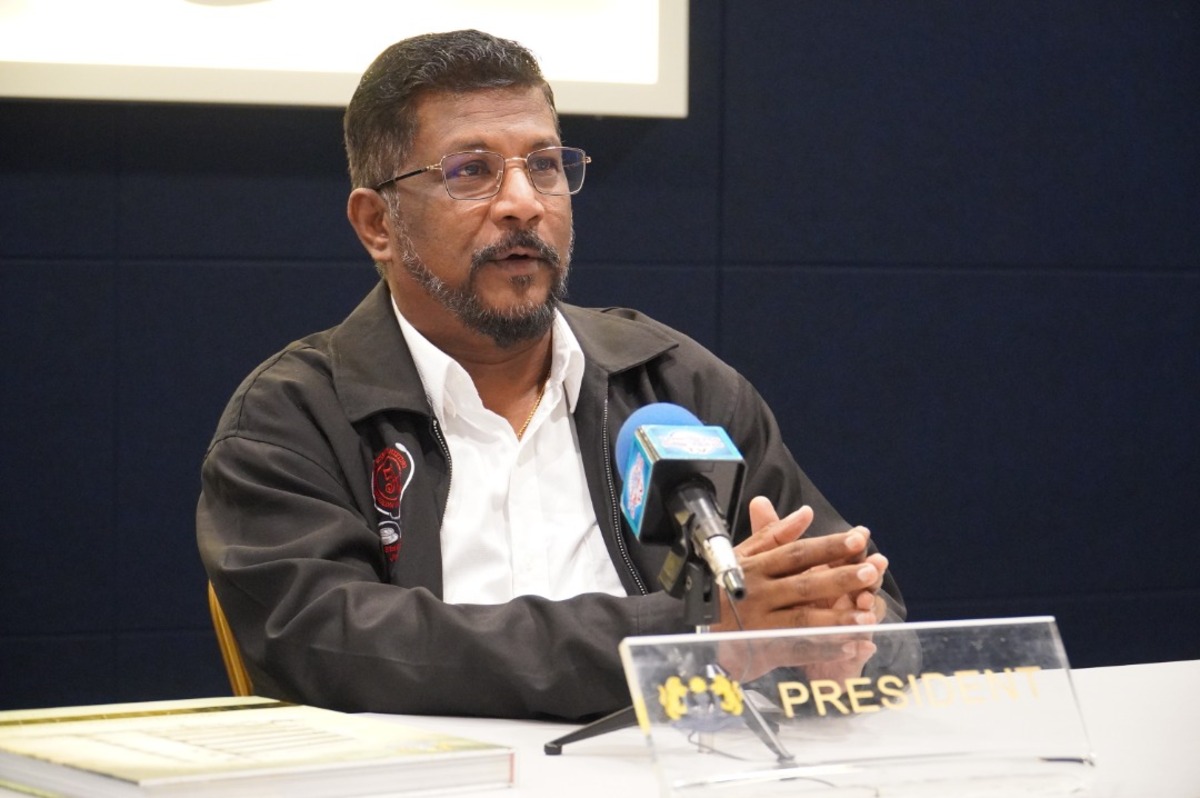KUALA LUMPUR, August 3 – The Malaysian Medical Association (MMA) has thanked the Ministry of Health (MOH) for approving appeals of 332 medical officers in a mass relocation exercise, representing approximately 20 per cent of 1,843 total appeals.
In a statement released today, the MMA expressed appreciation for the Ministry’s understanding of the issues and challenges faced by the doctors.
MMA president Dr Muruga Raj Rajathurai said as the 4,155 medical officers with permanent posts embark on a new phase in their careers, improvements to the e-House Officer (eHO) system is needed to ensure smoother implementation of doctor placements in the future.
“We also urge the MOH to consider the MMA’s proposal of staggered placements (by cohorts) in future as this will minimise the impact on health care services as a result of thousands of medical officers leaving for their placements in other states,” Dr Muruga Raj said.
Addressing the financial challenges faced by medical officers relocating to different regions, the MMA calls for a comprehensive review of allowances and financial assistance to offset the increased cost of living and transportation expenses.
“We also hope that financial assistance needed for medical officers relocating will be looked into. The cost of living, including the cost of transportation, has gone up and this should be taken into consideration. Allowances should be reviewed accordingly,” Dr Muruga Raj said.
In a separate response to CodeBlue on permanent doctors’ placements yesterday, Dr Muruga Raj said the MMA expects outpatient and elective cases to be the most affected by the MOH’s nationwide relocation exercise of contract medical officers for permanent positions this year. However, emergency cases will likely still be given priority.
CodeBlue on Monday reported that Wilayah Persekutuan (WP) Kuala Lumpur and Putrajaya, excluding HKL and Tunku Azizah Hospital (HTA), took the hardest hit in the relocation exercise, with a net loss of 188 doctors.
Selangor (-172), Melaka (-171), and Negeri Sembilan (-133) were also among the biggest losers, according to the MOH’s Human Resource Division’s (BSM) list of 4,149 medical officers who chose placements for permanent positions this year.
In contrast, Borneo gained a whopping net total of 1,070 doctors, making Sabah and Sarwak the primary beneficiaries of the relocation exercise.
Hartal Doktor Kontrak (HDK) expects wait times in emergency departments for admissions at major public hospitals to now increase by a whopping 50 to 100 per cent – possibly for nearly a year until June, with hospitals in Melaka and Negeri Sembilan, as well as tertiary hospitals in Selangor like Selayang Hospital, Serdang Hospital, and Sungai Buloh Hospital receiving zero officers in the mass relocation exercise.
Doctors from multiple hospitals – Selayang Hospital’s obstetrics and gynaecology (O&G) department, Tuanku Ja’afar Hospital in Seremban, and Melaka Hospital – have openly talked about the risk to patient safety and even mortality from staff shortages.
Melaka Hospital decided to temporarily suspend its iFOBT (immunochemical faecal occult blood test) colorectal cancer screening service, while others considered reducing elective services, surgeries, and cutting down on clinics.
MMA believes that patients should never be turned away. However, in certain situations, alternatives may be given in order for the patient to obtain the treatment.
Dr Muruga Raj said the MOH should have a ‘Plan B’ to address the expected issues of overcrowding and longer waiting time.
“Plan B may include channelling some of the cases to a private hospital or clinic. For example, use of a private operating theatre (OT) for elective cases if the OT in a public health care facility cannot be used,” Dr Muruga Raj said.
Dr Muruga Raj said there should be a fair distribution of public health care workers and services throughout the country, whether in Klang Valley or in Sabah and Sarawak.
“Not only will it improve the doctor to patient ratio in each state but it can also significantly reduce the overcrowding and waiting time seen in most public health care facilities.”
He added that burnout and staff resignations can also have an impact on services, as frustration can grow if departments remain understaffed and overworked for too long.








